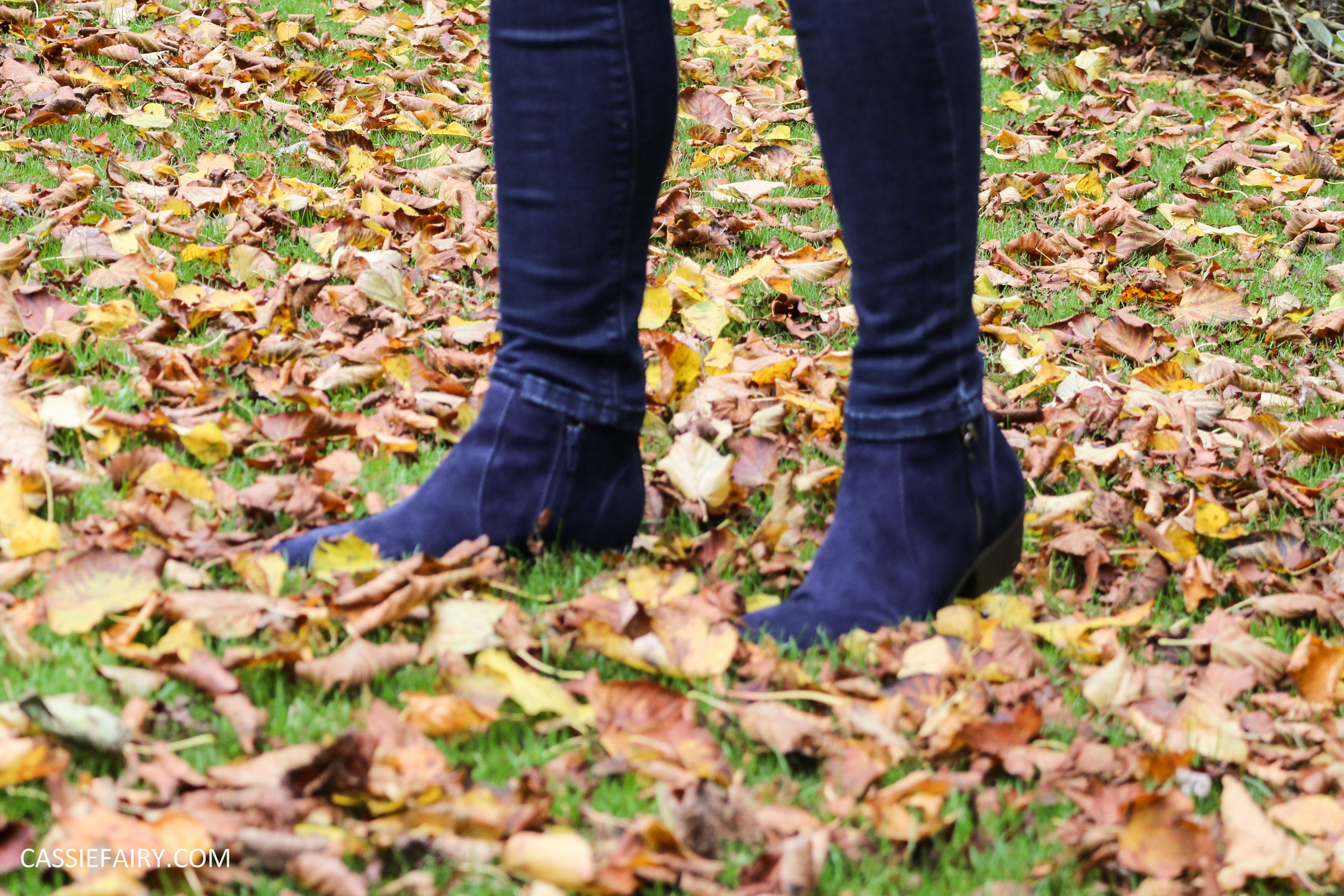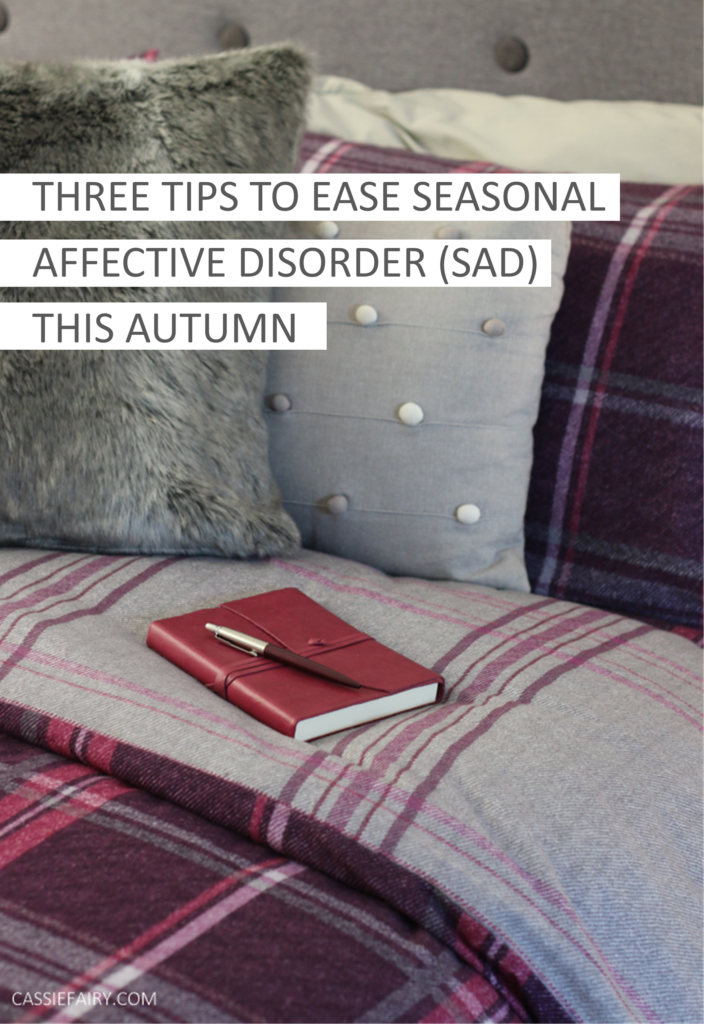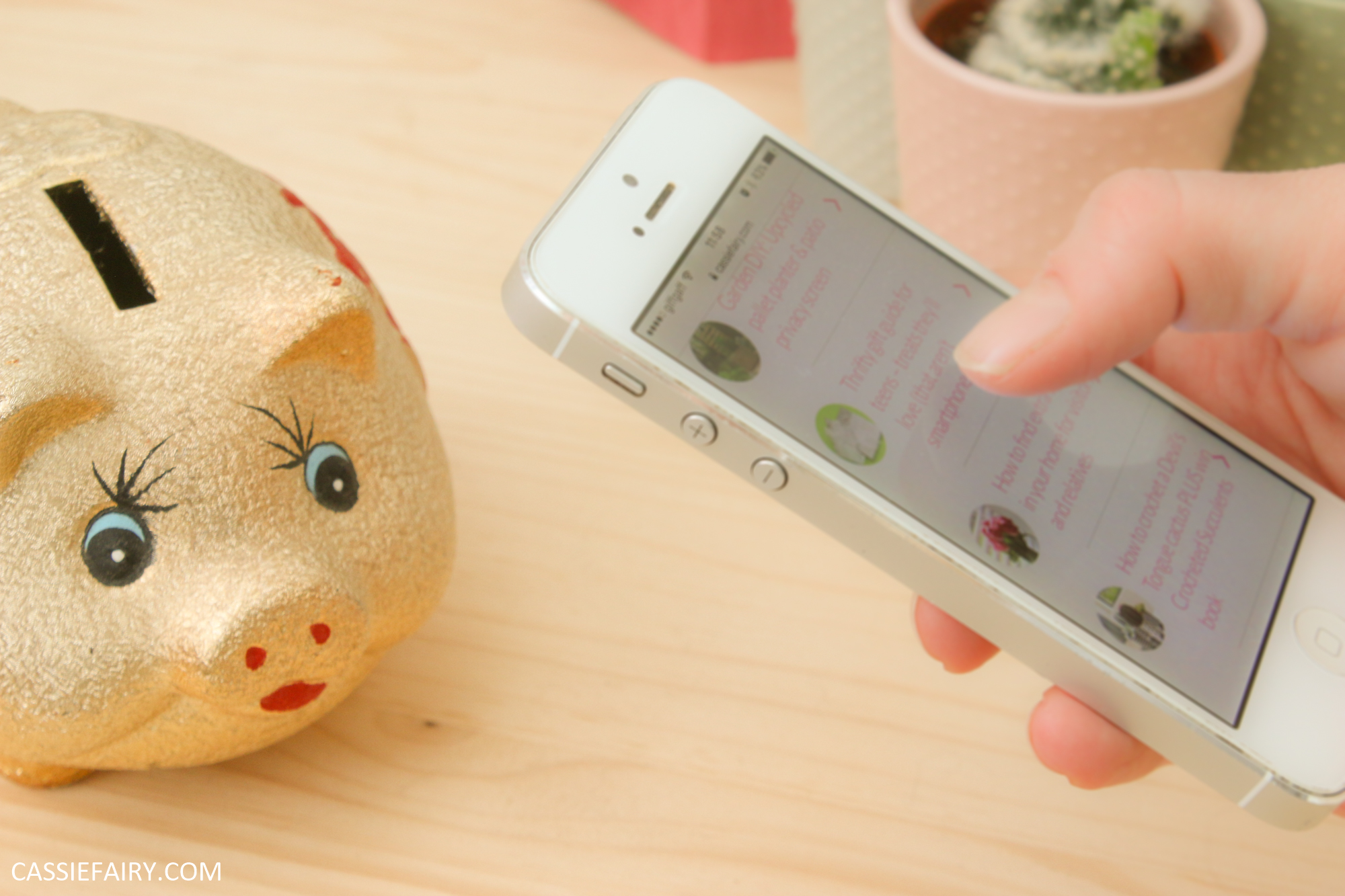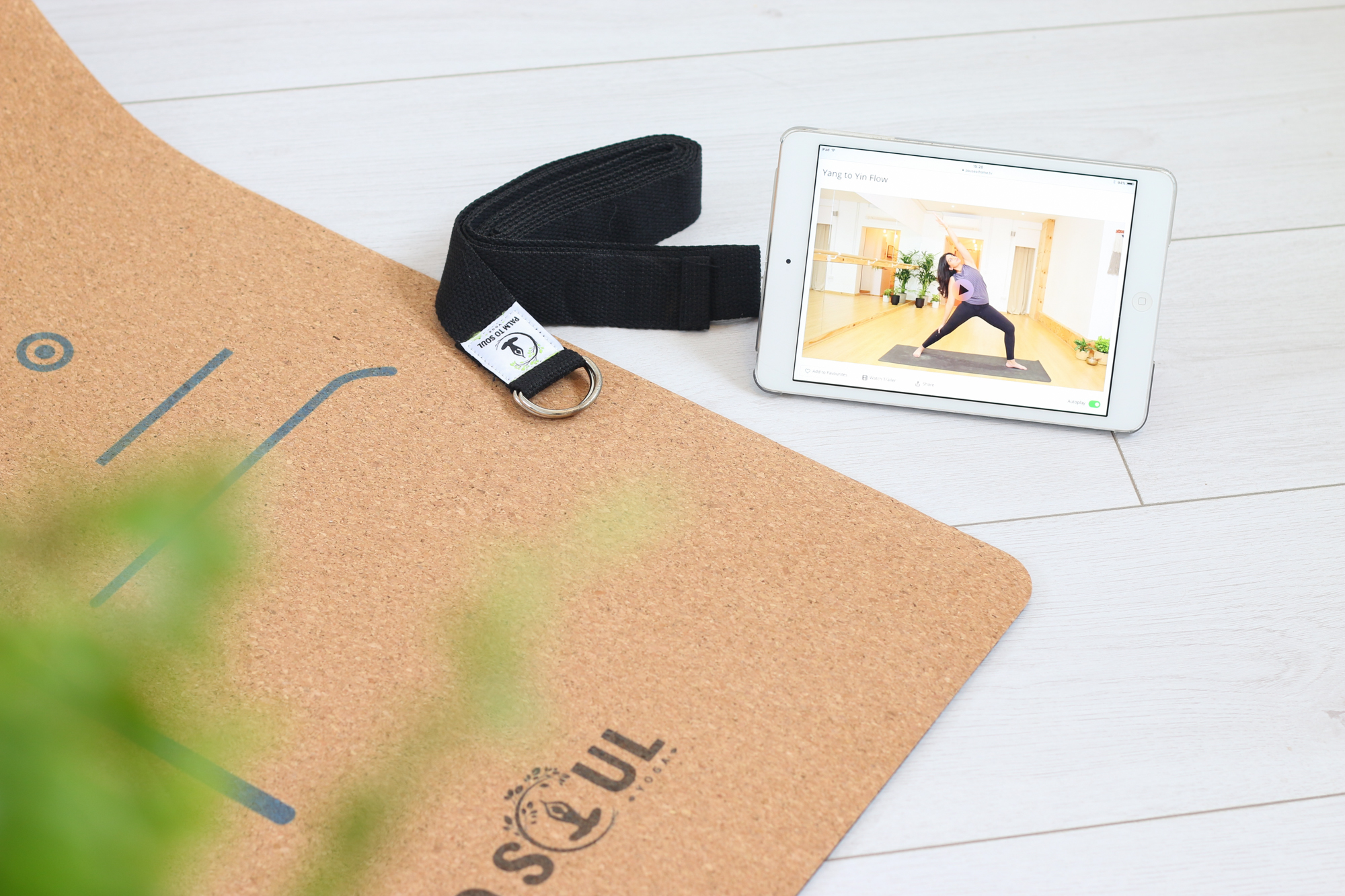
When the warmth of summer has faded away and the nights begin to draw in, we can sometimes find ourselves feeling glum. But, for many, the change of the season can cause low mood, anxiety, depression or any number of other mental health concerns.
You may have already heard of Seasonal Affective Disorder (SAD) in reference to the sadness that many people experience in the dark days of winter however, this can occur at any time of year. The key factor is noticing if you experience similar feelings of low mood during certain months every year – if so, it’s possibly a SAD issue.
So, it doesn’t have to be in the winter – some people can find summer particularly difficult in terms of sleep and sluggishness, while others experience a sense of dread in autumn – that back-to-school feeling or a worry about the weather turning.

Any kind of Seasonal Affective Disorder, whatever time of year it occurs, can come out in different many ways, including lethargy, anxiety or a feeling of hopelessness – so definitely speak to your GP and seek help. You may find yourself self-medicating to ‘get through’ the season with substances or alcohol, in which case, it’s important to discuss this with a specialist counsellor or find an addiction treatment centre that’s affordable, including NHS and private options.
There are also some things you can do for yourself during the Autumn that may help to ease the SAD feelings you’re experiencing, here are three tips:
Stay comfortable
At the very least, try to make yourself feel as comfortable as possible at this time of year. It may mean resting more than normal, taking breaks for yourself at the weekends and clearing your calendar of ‘to-do’s and commitments. Or you could see the darker autumn evenings as a positive and enjoy some cosy nights in under a blanket. Stay warm, take soothing baths and showers, and wear your comfiest jumpers.
When you’re feeling low, it’s absolutely paramount to take care of yourself and treat yourself with this level of kindness. Plus, prioritise mindful activities that’ll help you calm down when you’re feeling overwhelmed and relax. Try meditation apps for guidance, take a walk in nature or simply listen to some peaceful music.

Get curious
I find that understanding the reasons behind the ways we think can often help us to go a little easier on ourselves. And having compassion for yourself is a great first step to feeling better. So, if you do a little reading around the subject of SAD, you might feel more at ease with the seasonal symptoms you’ve been experiencing. Plus, you can be reassured that the feelings will lift as the new year rolls around.
Additionally, learning about different types of mental well-being issues on the Mind website can help you to be prepared and to feel more at ease if any other concerns come up in the future. I’m always reading around the subject so why not check out your library’s psychology section? Or, as part of your self-care this autumn, you could choose a self-help book such as Face Your Fears by Christopher Paul Jones, which shares simple methods to help you overcome anything overwhelming from phobias to anxiety.
Taking those extra hours in the evenings to work through guided exercises, do some mindful journaling or to follow a step-by-step program could see you easing the worries that have troubled you in the past and perhaps even enter the new year with renewed mental well-being.

Address the physical
If you’re looking after your physical health, that’s one less thing to worry about. So, even if you’re struggling to find the energy, perhaps you could try doing some kind of activity you enjoy. I love dancing so I can usually muster up a little wiggle to my favourite songs even when I’m feeling tired and lacklustre.
Or you could go for a walk with a friend, which will not only let you get a dose of healthy movement for your body but can also help your social well-being too. Chatting with someone while you walk, even if it’s just about the weather, can help you to feel more connected with others and minimise feelings of isolation.
Additionally, make sure you’re eating nourishing food to give your body as much energy as possible at this sluggish time of year; warming soups and stews will give you the nutrients you need to keep your body healthy. Plus, I’m sure that warm meals can boost your mental well-being too as you wrap your hands around the bowl and feel satisfied. And don’t forget to appreciate yourself for making the effort to feed your body properly.

I hope these tips will help you to take care of yourself during the autumn and winter seasons. Please prioritise your mental health and don’t hesitate to seek help if needed. Let me know in the comments below if you have any other wellness hacks or self-care advice to share.
Pin it for later

This article is a sponsored collaboration. The pink links in the content indicate a sponsored link or information source. The blog post reflects my own experience and the sponsor hasn’t had any control over my content 🙂























One Response
Great tips